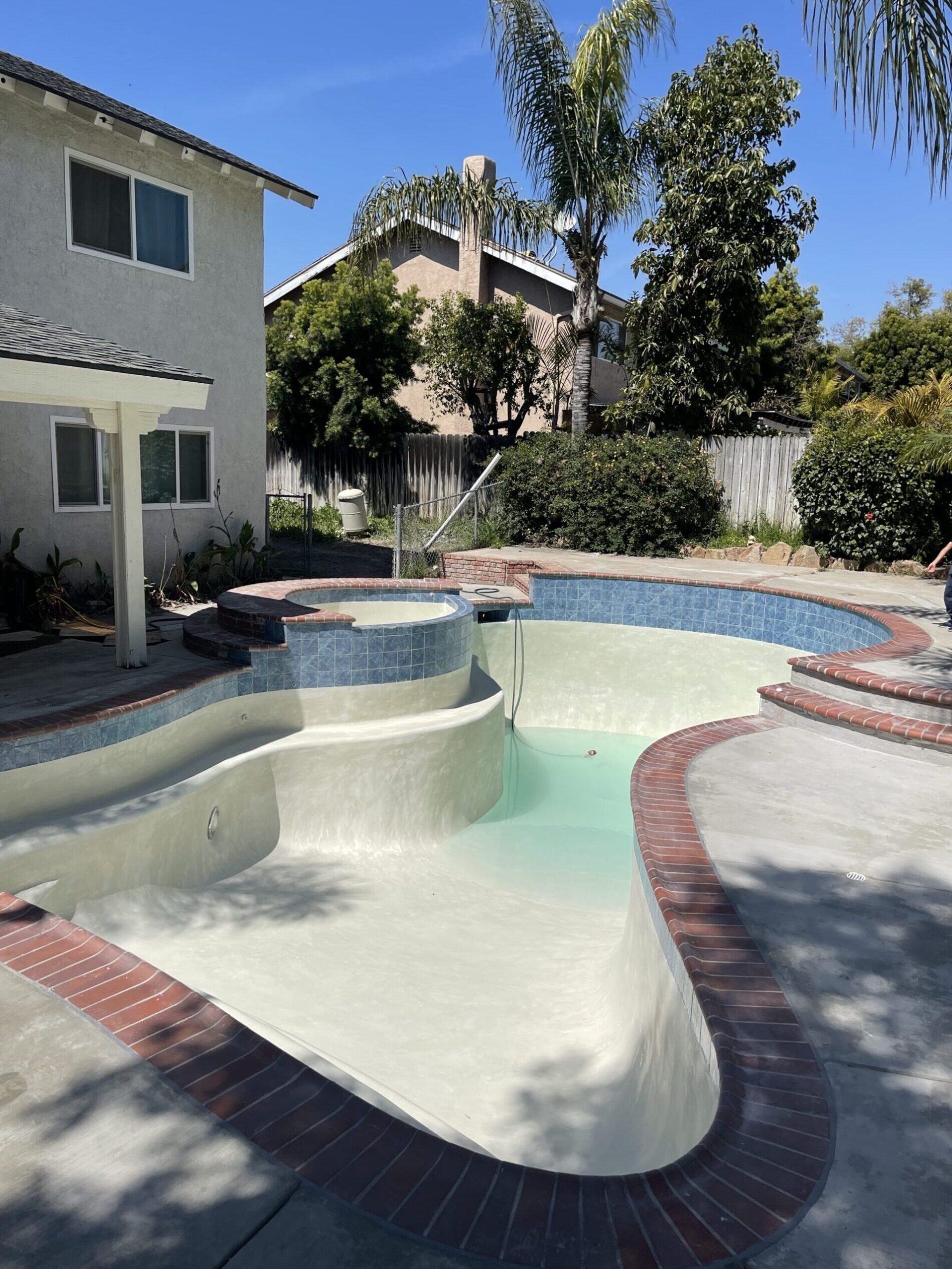
Why Pool Care is Important
When you first move into your new house with a pool, never would you consider that a pool needs pool care and maintenance on a regular basis. Most people have no idea that for a pool to last a long time and for the water to be safe for your skin you have to maintain pool chemicals in order. As a new pool owner you need to learn pool care right away, don’t wait. Again, you can leave the pool care to your pool guy but I highly suggest learning the maintenance yourself. Learning the pool maintenance assures you from getting scammed by a pool guy who wants to make a quick buck out of your lack of knowledge.
Pool Maintenance For Beginners
Keep the Water Moving
The first thing to learn about Pool Care 101 are the three C’s, circulation, cleaning, and chemistry. The three C’s are fundamental to a long lasting beautiful pool
Run your pump for 8-12 hours per day. The water pump is the heart of your pool and you need to run it so that the water circulates to avoid stagnation. Water that doesn’t circulate will turn into dirty water quickly. By circulating the water the filter will catch the debris and particles that can contaminate your pool. The filter will continue to filter your water but it will get to a point when you will have to backwash your filter or rinse your filter, it all depends on what kind of filter you have. When the filter’s gauge gets to 10 psi or over that’s when you need to clean it. You should also clean your skimmer’s basket a couple of times per week. As the water circulates, it pushes leafs, trash, and other debris onto the skimmer basket. Make sure you empty it, so that the debris won’t impede the flow of the water.
Clean it to Keep it Fresh
This is the part that you will not like at first because it will feel like a lot of work, but don’t worry you will get used to it. You just have to schedule a time to do the cleaning and stick to it. There are three parts to cleaning your pool. The first is to skim the surface of the water with a net skimmer. By doing this you remove all the floating debris, it will keep the bottom of your pool clean and will prevent any leafs that are floating to get to the bottom of your pool. If leafs are left at the bottom of your pool it can stain your pool. There is no set rule as to how many times per week to skim the surface of your pool but I suggest you do it daily, but again, it depends on your location. If you live in a windy area surrounded by trees then you will spend more time skimming the pool. Once you skim the surface the next step is to brush your pool. Make sure that you also brush the walls of the pool, and areas where circulation isn’t as strong as other areas, such as steps, and corners.
Now that you are done with skimming the surface and brushing your pool you will need to vacuum your pool. Connect the pool’s water hose to the vacuum head and attach it to the skimmer so that the pump can suck all the debris from the bottom of the pool. Vacuuming takes a while at first but once you get the hang of it, it becomes easier.
Do you Have the Right Chemistry?
Not many pool owners take their pool chemistry seriously, and that is a shame because good chemistry can save you lots of money in the long run by keeping your pool maintenance cost lower. Maintain your pool chemicals at the right levels by testing the water weekly. In the beginning, you can take a sample of your pool water to your local pool store, and they will test the water for free. When I first started testing the water I took it to Leslie’s pool supply store. To this day I still test the water with them. I learned about pool chemistry by asking them questions and they are great, you can do the same. You are not alone in this, get the guidance needed. If you do not want to test your water at your local pool supply store, you can buy testing kits or strips to use. For your pool chemistry I highly suggest starting with your local pool store for guidance.